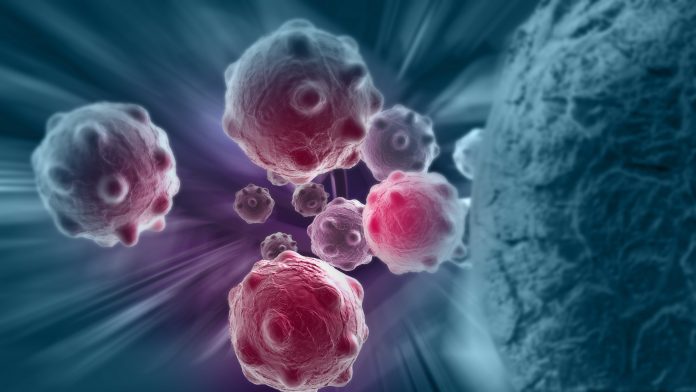In a groundbreaking study, researchers have decoded the genetic makeup of a rare kidney cancer known as reninoma
Published today in Nature Communications, this research conducted by the Wellcome Sanger Institute, Great Ormond Street Hospital, and The Royal Free Hospital unveils the genetic underpinnings of rare conditions such as this.
It offers a potential drug-based alternative to surgery and optimises cancer treatment.
Breaking the genetic code of a rare kidney cancer
Reninoma is sporadic kidney cancer, with only around 100 reported cases worldwide. Among human tumours, it stands as one of the most uncommon. Typically treatable with surgery, reninoma can lead to severe hypertension or even metastasis if left unchecked.
Until now, surgical intervention has been the sole approach, with no available medical treatments due to the unknown genetic origins of the disease.
Unmasking the genetic culprit
This novel study, a collaborative effort between the Wellcome Sanger Institute, Great Ormond Street Hospital, and The Royal Free Hospital, generously funded by The Little Princess Trust, has identified a specific genetic anomaly responsible for the development of reninoma.
This genetic alteration is located within the NOTCH1 cancer gene, shedding light on the disease’s root cause.
A potential drug-based solution for kidney cancer
Researchers investigated cancer samples from a young adult and a child through advanced genomic techniques, such as whole-genome and single-nuclear sequencing.
Their findings suggest that existing drugs designed to target this specific gene could offer a viable treatment option for reninoma patients unable to undergo surgery.
Paving the way for new therapies for rare cancers
Taryn Treger, the study’s first author and The Little Princess Trust Fellow at the Wellcome Sanger Institute, emphasised the importance of this research for rare cancers, particularly those affecting children. She hoped these findings would lead to the development of new therapies for childhood cancers.
Dr. Tanzina Chowdhury from Great Ormond Street Hospital emphasised the potential for treating reninoma without invasive surgical procedures, offering new hope to patients.
Dr Sam Behjati, a co-lead author, highlighted how this research overcomes the challenges of studying rare cancers and offers immediate clinical benefits for patients. Phil Brace, Chief Executive of The Little Princess Trust, affirmed their commitment to finding kinder solutions for childhood cancers, expressing optimism about treating this rare kidney cancer without surgery.











